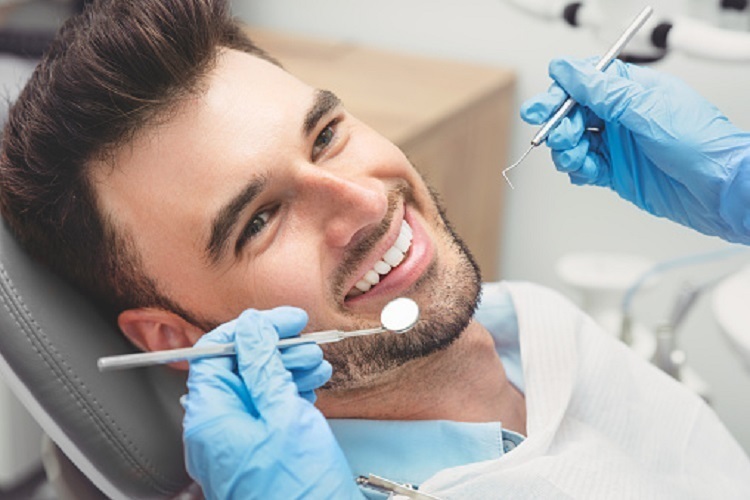Millions of Americans are in danger of venous disease, and you might be one of them. There are numerous risk factors for these health concerns, ranging from family history, and age to obesity, hypertension, and more. While some of these risk factors, like age, are inevitable, others are manageable, and you can take measures to reduce your risk. Nonetheless, if you identify any warning signs of a venous illness, it is important to seek Weston vein evaluations. Here are some of the key signs to watch out for.
Table of Contents
1. You Experience Swelling or Discomfort In One Leg
While you might associate swelling and pain with joint or muscle injuries, they are sometimes signs of vein or circulatory problems. If you experience discomfort, or fluid retention in one leg, it might signify insufficient circulation that a vein doctor should assess.
2. You Have Noticeable Discolored or Raised Veins Underneath The Skin
Once veins appear as blue, purple, or red lines on the skin, they may signify trouble. Though most individuals consider varicose or spider veins entirely aesthetic issues, they can lead to complications or signify other venous illnesses. Thus, it is important to undergo a vein evaluation.
3. Your Legs Feel Weak or Heavy After A Day’s Work
For most individuals, standing for extended periods should not make your legs feel weak, tired, or heavy. Therefore, if you constantly experience these issues, consult a specialist to establish if there is a blockage or another issue within your leg’s veins.
4. You Experienced Vein Issues In a Previous Pregnancy
Pregnancy could strain the circulatory system. Your blood pressure increases, which places additional stress on the thin vein walls. Thus, if you experienced a venous condition in a past pregnancy, seeking a vein evaluation can help you prevent them during your current pregnancy. Besides, pregnancy should be a delightful experience, not one packed with worry about or discomfort from venous conditions.
5. You Have Chronic Leg Pain
Chronic leg pain could result from numerous factors, including muscle strains, shin splints, or arthritis. Nonetheless, chronic pain without an apparent cause can indicate a problem with your veins.
6. You Have Itchy, Dry Spots Near Your Ankles or Feet
Any disruption to the blood flow in your lower limbs can lead to itchy, dry skin. This concern is common on the ankles or around the feet because blood must travel the furthest to reach your extremities. Try utilizing a moisturizing product and soaking your feet in warm water to see if the issue resolves. If not, consult a specialist to determine if it is a sign of something more severe.
7. You Have a Family History of Venous Illness
There is a solid genetic link in venous disease. Therefore, if a close family member is diagnosed with a venous condition, it helps to adopt proactive measures. Consult your vein doctor to evaluate your risks accurately and what lifestyle adjustments you may make to minimize them.
Your veins are key to your health and well-being as they transport blood back to the heart. Besides the aesthetic concerns caused by venous conditions like varicose veins, any malfunction in your veins can cause serious discomfort. Left untreated, venous illnesses may also lead to life-threatening complications. Therefore, taking a proactive approach toward your vein health is crucial. A vein evaluation will help you identify any risk factors and underlying conditions your might have so that you can plan your treatment.







